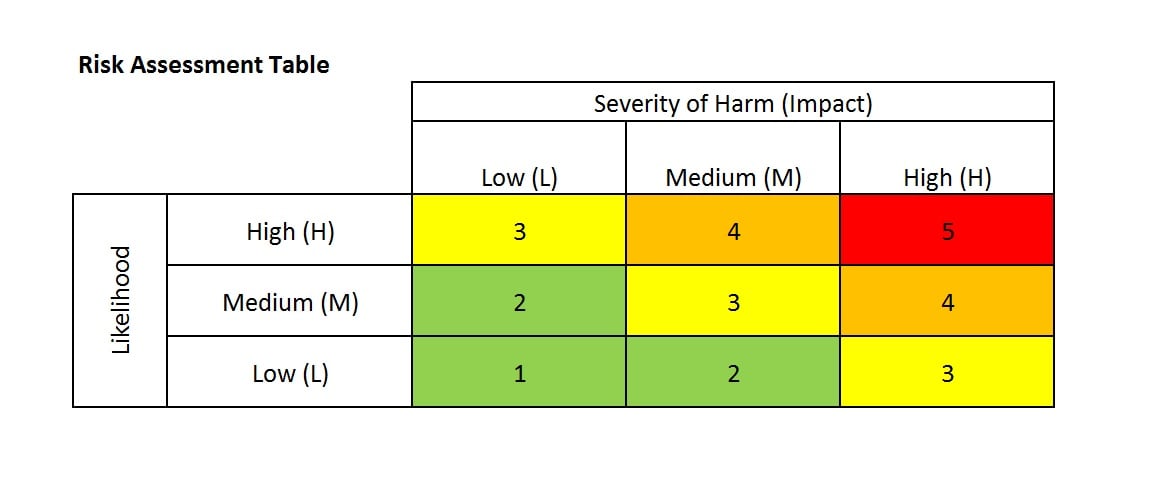Your Define laundering in economics images are available in this site. Define laundering in economics are a topic that is being searched for and liked by netizens today. You can Get the Define laundering in economics files here. Get all royalty-free photos.
If you’re looking for define laundering in economics images information connected with to the define laundering in economics interest, you have come to the right site. Our website always provides you with suggestions for refferencing the maximum quality video and picture content, please kindly surf and locate more informative video articles and graphics that fit your interests.
Define Laundering In Economics. Its very easy to define but involves multiple techniques. Money laundering is the process of making illegally obtained funds dirty money appear legal. However of the six most common forms of trade only three are legal. Money laundering is the process by which large amount of illegally obtained money from drug trafficking Terrorist activity or other serious crimes is given the appearance of having originated from the Legitimate source.
 Pin On Visual Capitalist From pinterest.com
Pin On Visual Capitalist From pinterest.com
Authorities plan to limit cash deposits of dollars at bank counters as a measure against money laundering. Anti Money Laundering AML Definition Anti-money laundering refers to laws and regulations intended to stop criminals from disguising illegally obtained funds as legitimate income. By its very nature money laundering is an illegal activity carried out by criminals which occurs outside of the normal range of economic. Money laundering is a process that criminals use in an attempt to hide the illegal source of their income. Basically different money launderers gain money from illegal sources and try to convert it into legitimate by using different ways. These include foreign exchange speculation and the sale of coffee and oil.
These are called methods of laundering.
By passing money through complex transfers and transactions or through a series of businesses the money is cleaned of its illegitimate origin and made to appear as legitimate business profits. Broadly defined money laundering is the act of disguising the proceeds of illicit activities. Money Laundering is an act of act of disguising the illegal source of income. Money laundering is the act of disguising the original ownership identity and destination of the profits of a crime by hiding it within a legitimate financial institution and making it appear to have been acquired from a legal source. A money laundering risk assessment is an analytical process applied to a business. Its very easy to define but involves multiple techniques.
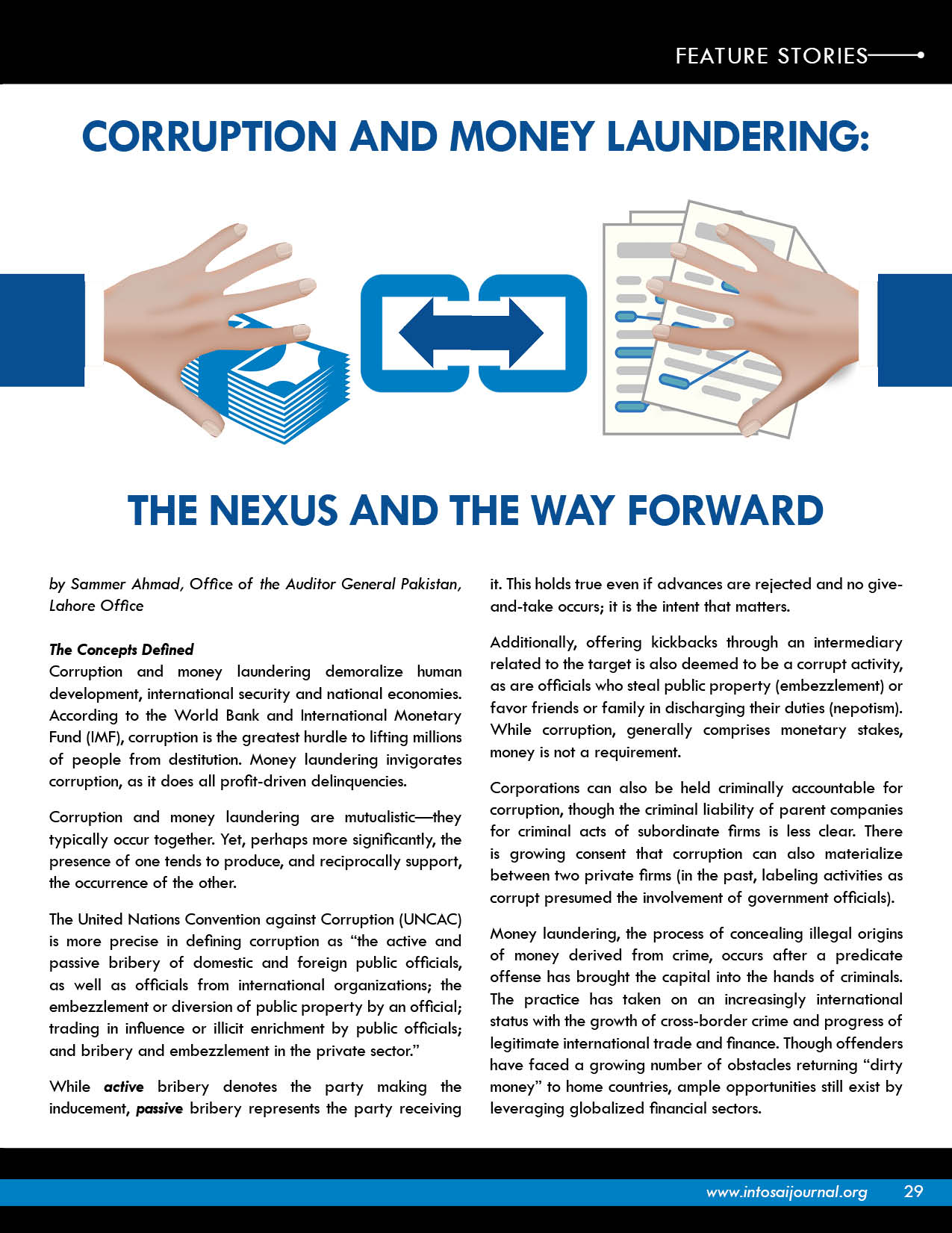 Source: intosaijournal.org
Source: intosaijournal.org
By its very nature money laundering is an illegal activity carried out by criminals which occurs outside of the normal range of economic and financial statistics. There are 3 stages of money laundering. By its very nature money laundering is an illegal activity carried out by criminals which occurs outside of the normal range of economic. It is a key operation of the underground economy. However of the six most common forms of trade only three are legal.
 Source: in.pinterest.com
Source: in.pinterest.com
By its very nature money laundering is an illegal activity carried out by criminals which occurs outside of the normal range of economic. It is a crime in many jurisdictions with varying definitions. However of the six most common forms of trade only three are legal. Its very easy to define but involves multiple techniques. Money laundering is a process that criminals use in an attempt to hide the illegal source of their income.
 Source: pinterest.com
Source: pinterest.com
Money Laundering is an act of act of disguising the illegal source of income. Money laundering is the process of changing large amounts of money obtained from crimes such as drug trafficking into origination from a legitimate source. Its very easy to define but involves multiple techniques. Broadly defined money laundering is the act of disguising the proceeds of illicit activities. By its very nature money laundering is an illegal activity carried out by criminals which occurs outside of the normal range of economic.
 Source: pinterest.com
Source: pinterest.com
Money laundering is the illegal process of converting money earned from illegal activities into clean money that is money that can be freely used in legitimate business operations and does not have to be concealed from the authorities. Authorities plan to limit cash deposits of dollars at bank counters as a measure against money laundering. It is a crime in many jurisdictions with varying definitions. These are called methods of laundering. Money Laundering is the method criminals use to disguise the illegal origin and control of their wealth by passing it through a complex sequence of banking transfers or commercial transactions.
 Source: pinterest.com
Source: pinterest.com
Such proceeds then seem to have appeared from a legitimate source and thus become legal money. However of the six most common forms of trade only three are legal. Full Definition of Money Laundering Money laundering is the practice of engaging in financial transactions in order to conceal the identity source andor destination of money and is a main operation of the underground economy. The Economic and Legal Effectiveness of the European Unions Anti-Money Laundering Policy. Money laundering is the process by which large amount of illegally obtained money from drug trafficking Terrorist activity or other serious crimes is given the appearance of having originated from the Legitimate source.
 Source: in.pinterest.com
Source: in.pinterest.com
Anti Money Laundering AML Definition Anti-money laundering refers to laws and regulations intended to stop criminals from disguising illegally obtained funds as legitimate income. Such proceeds then seem to have appeared from a legitimate source and thus become legal money. Money laundering has an adverse impact on economy and political stability of country and hence. 21 Money Laundering Defined In todays global economy international trade is an important source of income for many nations and their economies. Gross Profit Gross profit is the.
 Source: pinterest.com
Source: pinterest.com
These are called methods of laundering. Along with some other aspects of underground economic activity rough estimates have been put forward to give some sense of the scale of the problem. Gross Profit Gross profit is the. Money laundering defined. 21 Money Laundering Defined In todays global economy international trade is an important source of income for many nations and their economies.
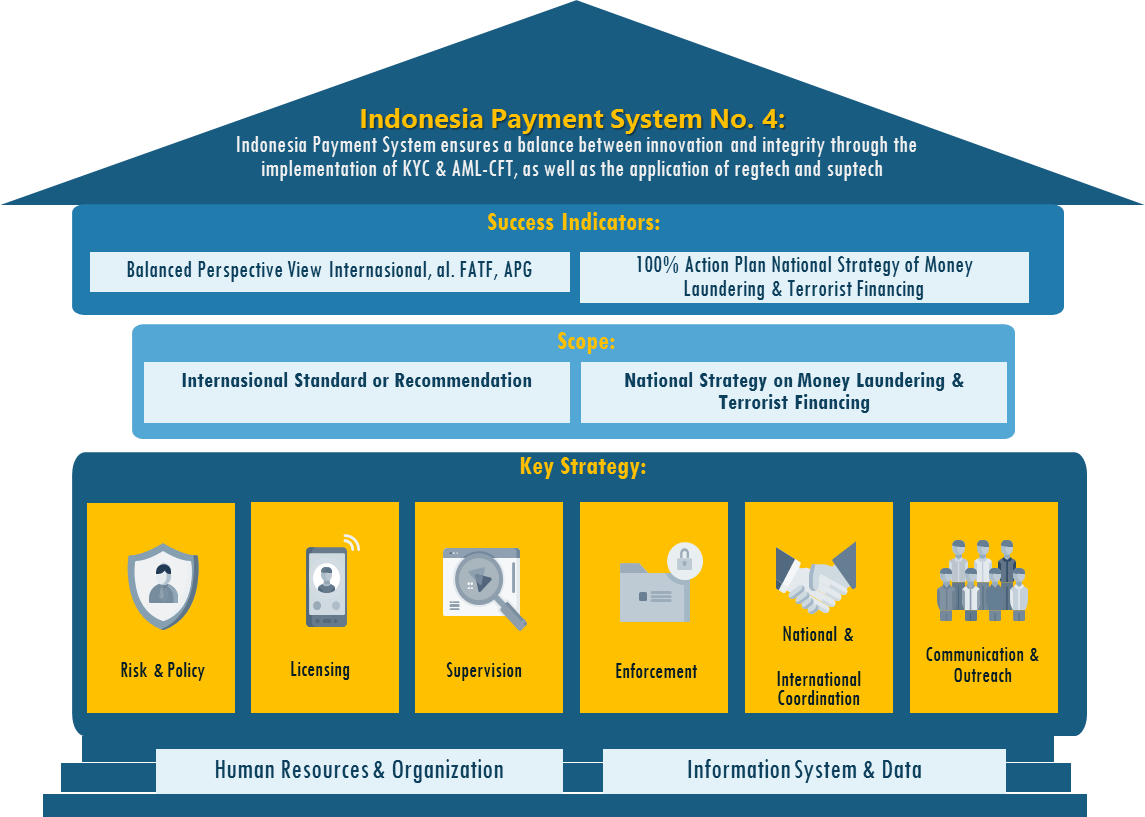 Source: bi.go.id
Source: bi.go.id
Money laundering is the act of disguising the original ownership identity and destination of the profits of a crime by hiding it within a legitimate financial institution and making it appear to have been acquired from a legal source. Full Definition of Money Laundering Money laundering is the practice of engaging in financial transactions in order to conceal the identity source andor destination of money and is a main operation of the underground economy. Such proceeds then seem to have appeared from a legitimate source and thus become legal money. Full Definition of Money Laundering Money laundering is the practice of engaging in financial transactions in order to conceal the identity source andor destination of money and is a main operation of the underground economy. Money Laundering is an act of act of disguising the illegal source of income.
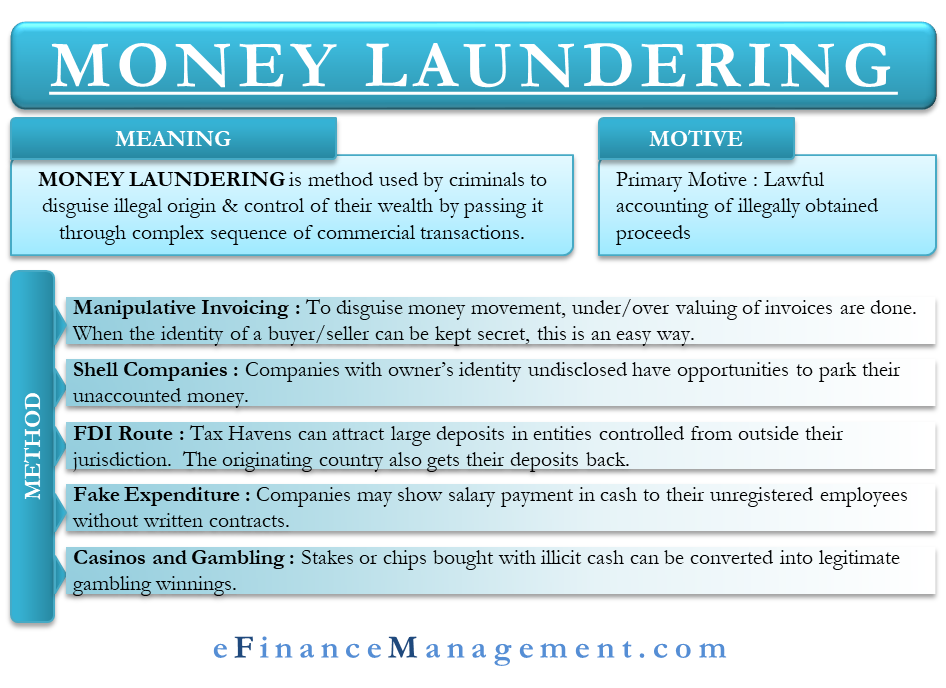 Source: efinancemanagement.com
Source: efinancemanagement.com
Money Laundering is the method criminals use to disguise the illegal origin and control of their wealth by passing it through a complex sequence of banking transfers or commercial transactions. Money Laundering meaning in law Money laundering is a term used to describe a scheme in which criminals try to disguise the identity original ownership and destination of money that they have obtained through criminal conduct. By its very nature money laundering is an illegal activity carried out by criminals which occurs outside of the normal range of economic. Money laundering is a process that criminals use in an attempt to hide the illegal source of their income. Money laundering is a process that criminals use in an attempt to hide the illegal source of their income.
 Source: pinterest.com
Source: pinterest.com
Money Laundering meaning in law Money laundering is a term used to describe a scheme in which criminals try to disguise the identity original ownership and destination of money that they have obtained through criminal conduct. Money laundering is the process by which large amount of illegally obtained money from drug trafficking Terrorist activity or other serious crimes is given the appearance of having originated from the Legitimate source. The launderer can now enjoy their illegal wealth believing that the laundered money wont be traced back to them. Definitions of money laundering in practice In. Gross Profit Gross profit is the.
 Source: researchgate.net
Source: researchgate.net
It is a crime in many jurisdictions with varying definitions. By its very nature money laundering is an illegal activity carried out by criminals which occurs outside of the normal range of economic. We will now show how money laundering can be seen given an economy with both legal and illegal sectors as a multiplier of the volume of economic activities carried out by criminal agents allowing them to transform their illegally gained revenues into effec- tive purchasing power. These are called methods of laundering. The launderer can now enjoy their illegal wealth believing that the laundered money wont be traced back to them.
 Source: in.pinterest.com
Source: in.pinterest.com
Definitions of money laundering in practice In. Money laundering is the process by which large amount of illegally obtained money from drug trafficking Terrorist activity or other serious crimes is given the appearance of having originated from the Legitimate source. There are 3 stages of money laundering. Money laundering is the process of changing large amounts of money obtained from crimes such as drug trafficking into origination from a legitimate source. By passing money through complex transfers and transactions or through a series of businesses the money is cleaned of its illegitimate origin and made to appear as legitimate business profits.
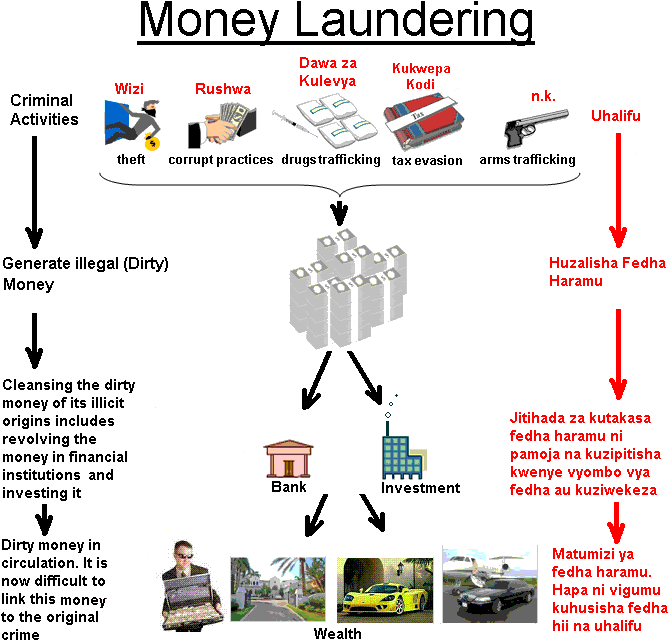
Money laundering is a process that criminals use in an attempt to hide the illegal source of their income. Along with some other aspects of underground economic activity rough estimates have been. Broadly defined money laundering is the act of disguising the proceeds of illicit activities. Anti Money Laundering AML Definition Anti-money laundering refers to laws and regulations intended to stop criminals from disguising illegally obtained funds as legitimate income. Gross Profit Gross profit is the.
This site is an open community for users to do submittion their favorite wallpapers on the internet, all images or pictures in this website are for personal wallpaper use only, it is stricly prohibited to use this wallpaper for commercial purposes, if you are the author and find this image is shared without your permission, please kindly raise a DMCA report to Us.
If you find this site beneficial, please support us by sharing this posts to your own social media accounts like Facebook, Instagram and so on or you can also bookmark this blog page with the title define laundering in economics by using Ctrl + D for devices a laptop with a Windows operating system or Command + D for laptops with an Apple operating system. If you use a smartphone, you can also use the drawer menu of the browser you are using. Whether it’s a Windows, Mac, iOS or Android operating system, you will still be able to bookmark this website.



